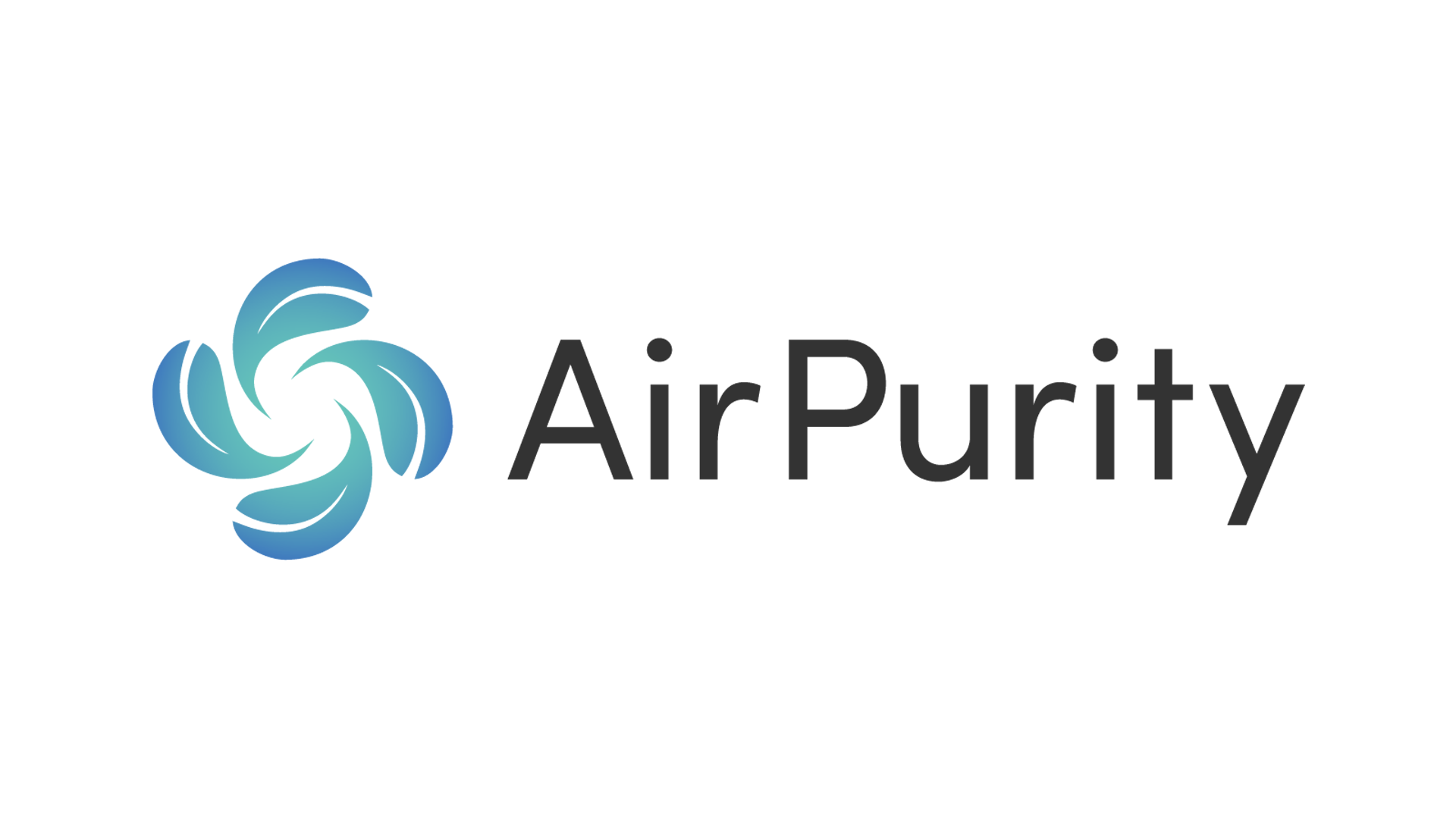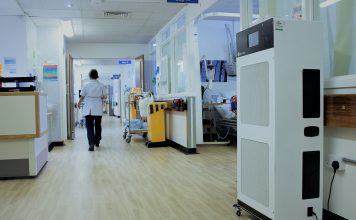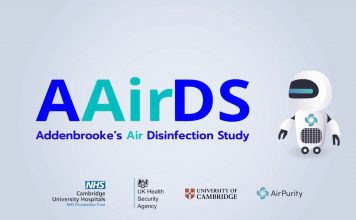AirPurity’s innovative and adaptive air disinfection technology can eliminate dangerous hospital-acquired infections efficiently and cost-effectively.
Hospital-acquired infections pose a significant risk to patients and an economic burden to the healthcare sector. It has, therefore, never been more important to find adaptable interventions that can help tackle transmission risk while being cost-effective and easily integrable for a range of healthcare environments. AirPurity is a leading UK private research and development organisation specialising in air disinfection technology and adaptive learning within indoor environments for aerosol infection risk prevention. The company developed the world’s first air disinfection system, which actively monitors air quality and responds in real-time to any raised levels in aerosols.
AirPurity has been testing and developing within Cambridge University Hospitals NHS Foundation Trust since 2020. It plays an integral role in Addenbrooke’s Air Disinfection Study (AAirDS), which analyses the efficacy of implementing air filtration systems in healthcare settings to reduce hospital-acquired infections and prevent secondary infection via aerosol disembodiment transmission. As part of the study, which was funded and supported by UK Health and Security, AirPurity implemented its next-generation solutions comprising air disinfection units (AeroTitan™) and remote monitoring systems (AeroSentinel). The units create zonal grids that can highlight and respond to any raised levels, from particulates to CO2, whilst prompting staff when any critical events are recorded for risk mitigations.
AirPurity’s air disinfection system can eliminate COVID-19 and other respiratory viruses
Through clinical real-world data, AirPurity has been selected as the most effective air disinfection system due to its high airflow capacity, unique safety features, ergonomic and customisable design, low noise levels, adaptive learning capabilities and an unrivalled level of support. With the airborne transmission of SARS-CoV-2 and other respiratory viruses now accepted by the World Health Organization, individual hospital trusts should consider air cleaning interventions, particularly with nosocomial transmission at record levels.
The AAirDS study is expected to report in mid-2023, adding vital information concerning the practicalities and cost-effectiveness of air filtration and environmental disinfection. You can find out more about the study at www.aairds.com or contact AirPurity directly for a free no-obligation evaluation of your clinical environment via www.airpurityuk.com.




